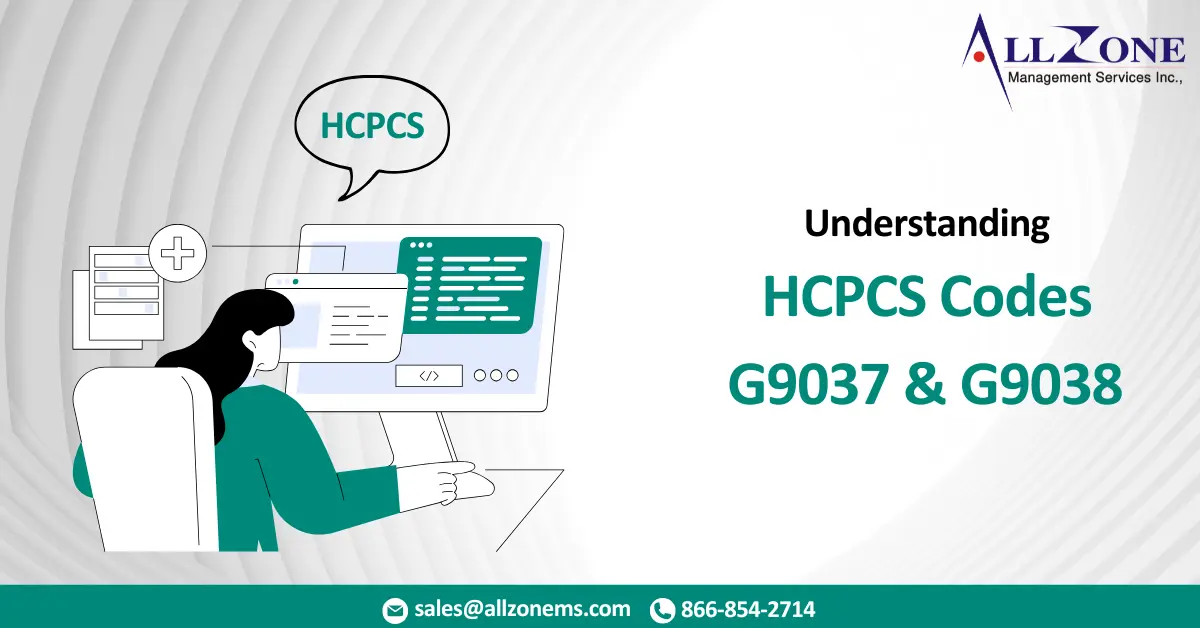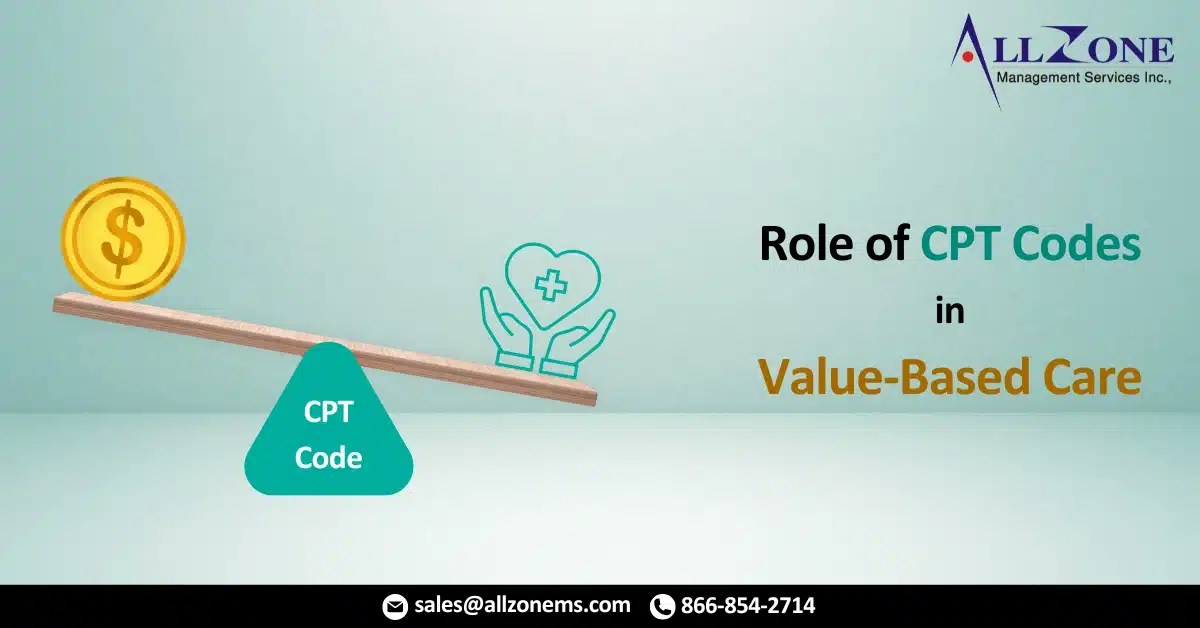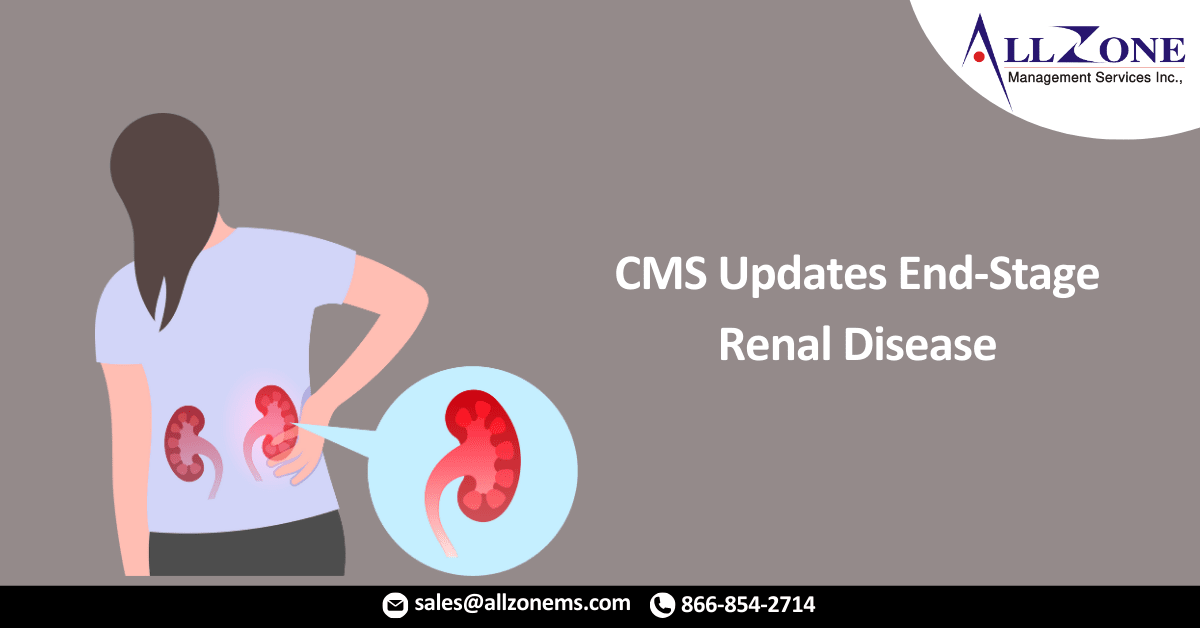Clinicians participating in the Making Care Primary (MCP) model now have access to two new HCPCS Level II codes, HCPCS Codes G9037 and G9038, introduced in fiscal year (FY) 2024. These codes expand the scope of interprofessional consultation services, allowing primary care providers (PCPs) to bill for time spent collaborating with specialists. The MCP Model: […]
Value-based care is revolutionizing healthcare delivery, shifting the focus from volume to value. But what exactly does that mean, and how do seemingly technical elements like CPT Codes in Value-Based Care fit into the picture? This blog post dives deep into the world of value-based care, exploring its core components and highlighting the crucial role […]
CMS’s Medicaid Payment Model show can be seen as a healthcare bridge, giving fundamental behavioral wellbeing administrations to both Medicaid and Medicare beneficiaries over a period of eight years. As portion of a unused Medicaid Payment Model demonstrate reported by CMS, physical, behavioral, and community suppliers will be required to arrange care in arrange to […]
In order for value-based healthcare to succeed, it is imperative that physician practices effectively articulate the medical services and procedures they provide. This underscores the vital role of the Current Procedural Terminology (CPT®) code set in driving the shift towards value-based care. According to the chair of the AMA/Specialty Society Relative Value Scale Update Committee (RUC), […]
Value-based payment models, including accountable care organizations, bundled payment models, and capitation models, can generate savings for providers and limit healthcare spending. As healthcare spending escalates in the US, stakeholders have started looking at value-based payment models to address rising costs, but many payments are still tied to fee-for-service models, according to a Health Affairs […]
Outcomes-based models are spreading, but fee-for-service still dominates payment landscape. Is value-based care having a moment? Health care policy experts and institutions have long agreed that fee-for-service (FFS) medicine is wasteful, outmoded and at least partially responsible for the U.S. spending far more than peer nations on health care, but with outcomes that are no […]
Medicare Advantage beneficiaries who received care under value-based payment models, including two-sided risk models, saw lower acute care use than beneficiaries under a fee-for-service model. Medicare Advantage beneficiaries whose primary care organization participated in a value-based payment model saw lower rates of hospitalizations, observation stays, and emergency department visits, according to a study published in […]
New data from LAN shows modest progress with value-based reimbursement adoption in 2019 and 2020. But some programs, like Medicare Advantage, are moving to financial risk faster than others. Most healthcare payments made in 2020 were tied in some way to value or quality of care, according to the latest data from the Health Care […]
The End-Stage Renal Disease (ESRD) Treatment Choices Model is the first to undergo changes to directly address health equity—a new goal for CMS-run alternative payment models. The ESRD Treatment Choices (ETC) Model is a mandatory alternative payment model (APM) that encourages greater utilization of home dialysis and kidney transplants for Medicare beneficiaries with the chronic […]
The delivery and payment of care will look a lot different by 2030, according to CMS. The federal agency has announced that it expects all Medicare beneficiaries with Parts A and B to be in a care relationship with accountability for quality and total cost of care by the end of the decade. At the […]










